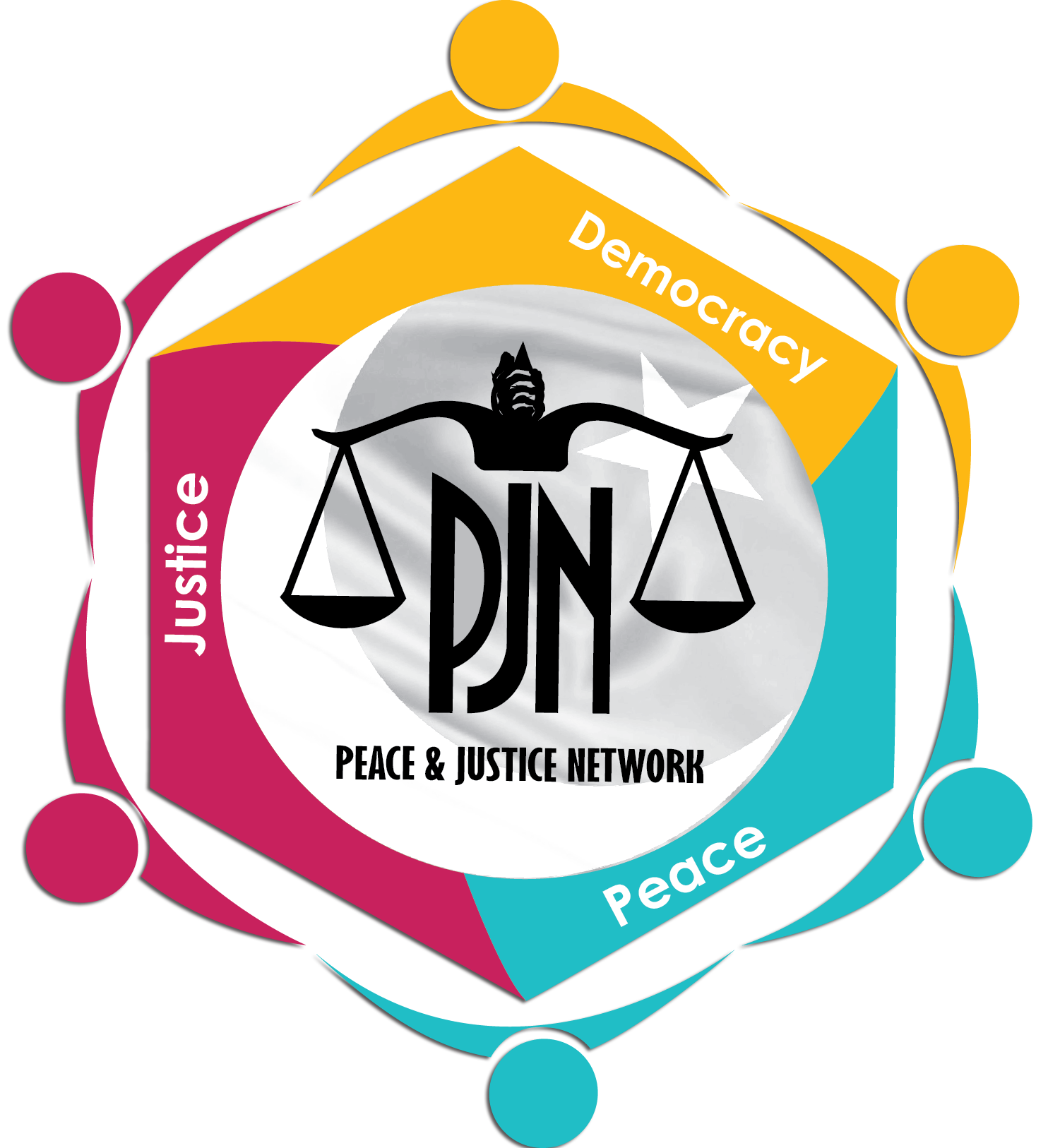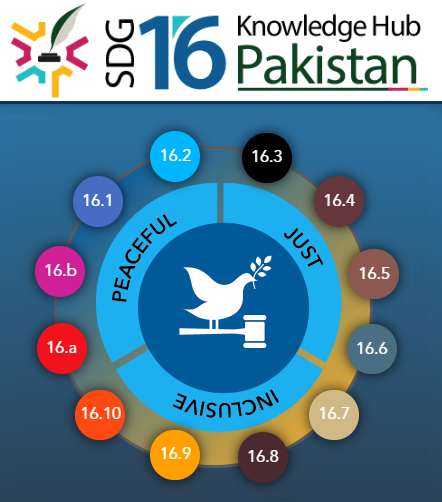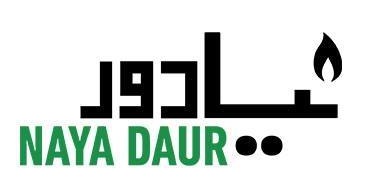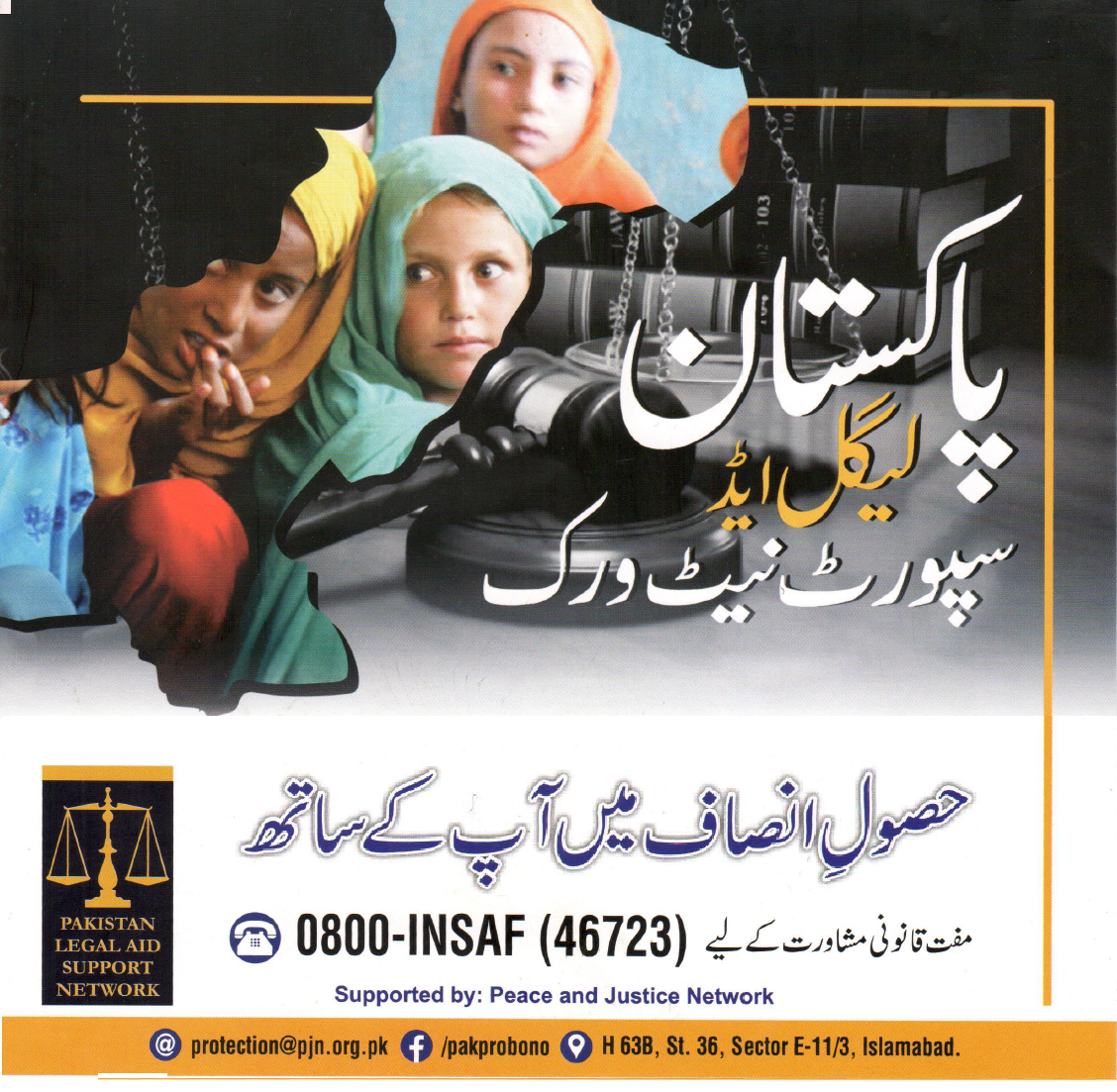

International Day for Judicial Well-being: A Global Call for Action (4 Mar, 2025)
Pakistan Ranks 129 out of 142 in the World Justice Project Rule of Law Index (26 Oct, 2024)
2024 Trafficking in Persons Report: Pakistan (24 June, 2024)
Pakistan ranks second-last in WEF Global Gender Gap Report 2024 (7 Mar, 2025)
Pandemic could create ‘human rights disaster’: UN

Mon, April 27, 2020
GENEVA: The UN rights chief warned on Monday that countries flouting the rule of law in the name of fighting the novel coronavirus pandemic risk sparking a "human rights disaster".
The United Nations High Commissioner for Human Rights Michelle Bachelet called on countries to refrain from violating fundamental rights "under the guise of exceptional or emergency measures."
"Emergency powers should not be a weapon governments can wield to quash dissent, control the population, and even perpetuate their time in power," she warned in a statement. "They should be used to cope effectively with the pandemic -- nothing more, nothing less." Her comments came after more than 200,000 people have perished in the pandemic and nearly three million have been infected worldwide by the novel coronavirus since it surfaced in China late last year.
Bachelet acknowledged that states have the right to restrict some rights to protect public health, but she insisted that any restrictions should be necessary, proportionate and non-discriminatory, and also limited in duration.
"There have been numerous reports from different regions that police and other security forces have been using excessive, and at times lethal, force to make people abide by lockdowns and curfews," she said, lamenting that "such violations have often been committed against people belonging to the poorest and most vulnerable segments of the population."
"Shooting, detaining, or abusing someone for breaking a curfew because they are desperately searching for food is clearly an unacceptable and unlawful response.
"So is making it difficult or dangerous for a woman to get to hospital to give birth." "In some cases, people are dying because of the inappropriate application of measures that have been supposedly put in place to save them," Bachelet said.
She also decried the mass arrests in some countries over curfew violations as "both unnecessary and unsafe." "Jails and prisons are high risk environments, and states should focus on releasing whoever can be safely released, not detaining more people."
The UN rights chief also warned that efforts to rein in dangerous misinformation around the pandemic was in some cases being used as an excuse to crack down on legitimate free speech.
"It is important to counter misinformation, but shutting down the free exchange of ideas and information not only violates rights, it undermines trust," she said. "Undermining rights such as freedom of expression may do incalculable damage to the effort to contain Covid-19 and its pernicious socioeconomic side-effects," she warned.
Bachelet also insisted that any exceptional measures or state of emergencies introduced in the name of fighting Covid-19 should be subject to proper parliamentary, judicial and public oversight to avoid abuses.
"If the rule of law is not upheld, then the public health emergency risks becoming a human rights disaster, with negative effects that will long outlast the pandemic itself," she said.Meanwhile, the World Health Organisation’s director-general said on Monday that the agency had sounded the highest level of alarm over the novel coronavirus early on, but lamented that not all countries had heeded its advice.
Tedros Adhanom Ghebreyesus pointed out that the WHO warned the Covid-19 outbreak constituted a "Public Health Emergency of International Concern" on January 30, when there were no deaths and only 82 cases registered outside China.
"The world should have listened to WHO then, carefully," he told a virtual press briefing. The organisation has faced scathing criticism from US President Donald Trump, who earlier this month suspended Washington’s funding after accusing WHO of downplaying the seriousness of the outbreak and kowtowing to China, where the novel coronavirus first surfaced late last year.
Trump has provided no evidence to support his claims. Tedros insisted that the UN health agency had provided sound advice from the beginning "based on the best science and evidence".
But he stressed though that "we do not have any mandate to force countries... to take our advice." When the WHO announced on January 30 that the novel coronavirus represented "the highest level of emergency... every country could have triggered all its public health measures," Tedros pointed out.
"I think that suffices the importance of listening to WHO’s advice." "We advised the whole world to implement a comprehensive public health approach, and we said find, test, isolate, and do contact tracing," he said.
"You can check for yourselves: countries who followed that are in a better position than others. This is fact." "It is up to the countries to reject or accept," he said. "Each country takes its own responsibility."
The pandemic has claimed more than 206,000 lives and infected nearly three million people, according to a tally from official sources compiled by AFP Monday. The United States has the highest number of deaths at nearly 55,000, out of close to one million registered cases.
Copyright © 2026 pjn.org.pk








